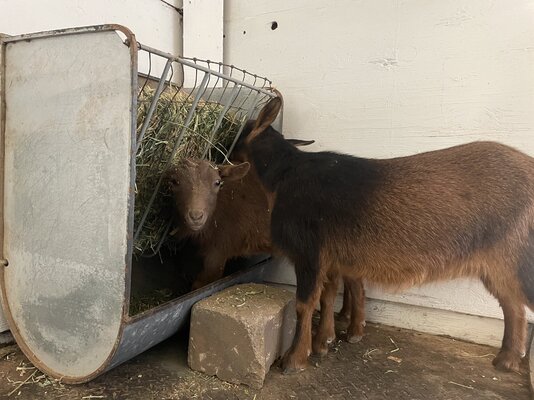(Delete if not allowed)
I found two different lists in my goat health books-I don’t have everything listed here in my kits. I’d make sure you have everything in the first list, and the first few items in the second list. You’ll definitely want the gloves at least




I found two different lists in my goat health books-I don’t have everything listed here in my kits. I’d make sure you have everything in the first list, and the first few items in the second list. You’ll definitely want the gloves at least


 . I keep a record of everything, so I hope to be able to see the costs of goats, and if we can balance it out.
. I keep a record of everything, so I hope to be able to see the costs of goats, and if we can balance it out.